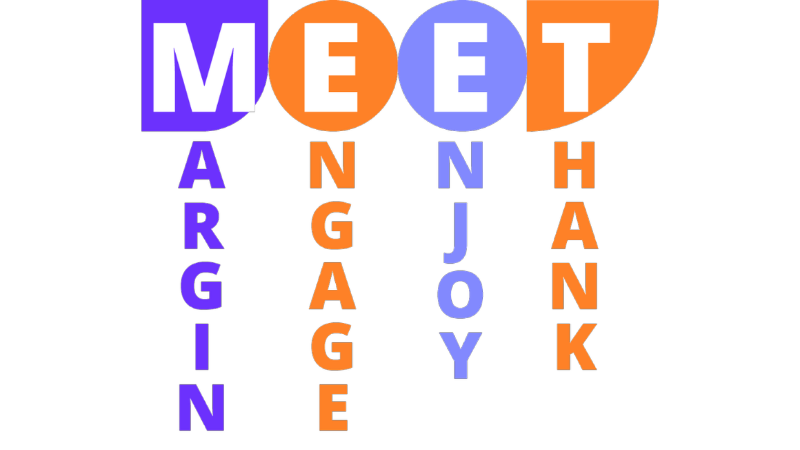The Scale
Photo by Elena Mozhvilo on Unsplash
I am often told that all religions have the same approach to ethics because they all have rules for their followers. The rules may differ slightly, but fundamentally all religions say the same thing, so it is said.
This is not true because there are two fundamentally different approaches to living righteously.
Why do I say this?
Every religion except for Christianity and Judaism that I have looked at have the concept of one’s actions being weighed on a scale. “Good” actions are placed on one side, and “Bad” actions on the other side.
The idea is that if somehow you could get your “Good” actions to be even microscopically more than your “Bad” actions, then your life is on balance Good, and you will go to paradise.
The believers in each religion have a good idea of what constitutes “Good” and “Bad” and they try to be “Mostly Good.”
So why don’t people try to be “Completely Good?” At heart, most people think that “Good” actions are not always the best way. It is argued that one must look after oneself, and so (for example) to steal some money from a rich person is not so Bad because he won’t miss the money anyway. If you do enough “Good” works, this would override the one “Bad” work.
The whole concept is that being “Good” is not as wise as being “Bad.” “You must think for yourself,” the argument goes. “One must not be dogmatic because every situation is different, and no rules can be valid for every situation. Besides one must take care of oneself. If you are Good all the time then you will be at a disadvantage to smarter people who cleverly do Bad.”
So, as a sop to the gods, each believer in those religions lives his life according to his own rule, trying to be “Good” more often than “Bad.”
This way of thinking has been taken up by some Christians who try to make deals with God. “If I go to church every week and if I read my Bible occasionally, then I will be good enough for God.”
God rejects this thinking completely. The Bible teaches us in Isaiah 64:6 that “Our righteous acts are as filthy rags.” Our “Good” works are simply not good enough, no matter how hard we try.
Jesus died simply because by our own effort we could never please God. All our sins are forgiven by his grace. In the eyes of Jesus, there is no scale of “Good” and “Bad.” The test is, “Who is the Lord of your life?”
So are Christians set free from doing “Good” works? Of course not. We do “Good” works BECAUSE we are going to heaven, not SO THAT we go to heaven.
What do I mean?
When a person comes to God in humble obedience, making God Lord of his life, God in His mercy comes to dwell in him through the Holy Spirit. As a result, he desires to stop doing the “Bad” things. The new believer has a complete transformation so that he abandons the effort of trying to “balance Good and Evil” and lives to always do God’s will.
We then stop trying to balance Good and Bad and strive to follow Jesus’s command (Matthew 5:48): “Be perfect, therefore, as your heavenly Father is perfect.”
May your life be an expression of worship to One who gave His life for us so that we are set free from “Bad” works.
About the Author: Bert completed CPx in Cape Town in 2015 in Cape Town. Since then he and his wife have been working among the unreached peoples of the southern Himalayas. His joy is his three daughters and three grandchildren who all love Jesus.
Staying Connected or Learning More
Help share this and other blogs with your friends and ministry leaders! It would also be a huge help if you could please follow us on social media via the links below! Thank you!
If you would like to receive leadership updates, link here to stay current on All Nations International’s news and prayer efforts! To learn more about All Nations today, visit: www.allnations.international!
Are you wondering if you are wired to go? This area on our web site will help you!
We have plenty other resources (devotion, book club, events) and a monthly global prayer for the neglected! You are welcome to join us.
Give today to see the neglected globally reached — the least, the last, and the lost!
www.allnations.international
Reaching the neglected globally — the least, the last, and the lost since 1993.













